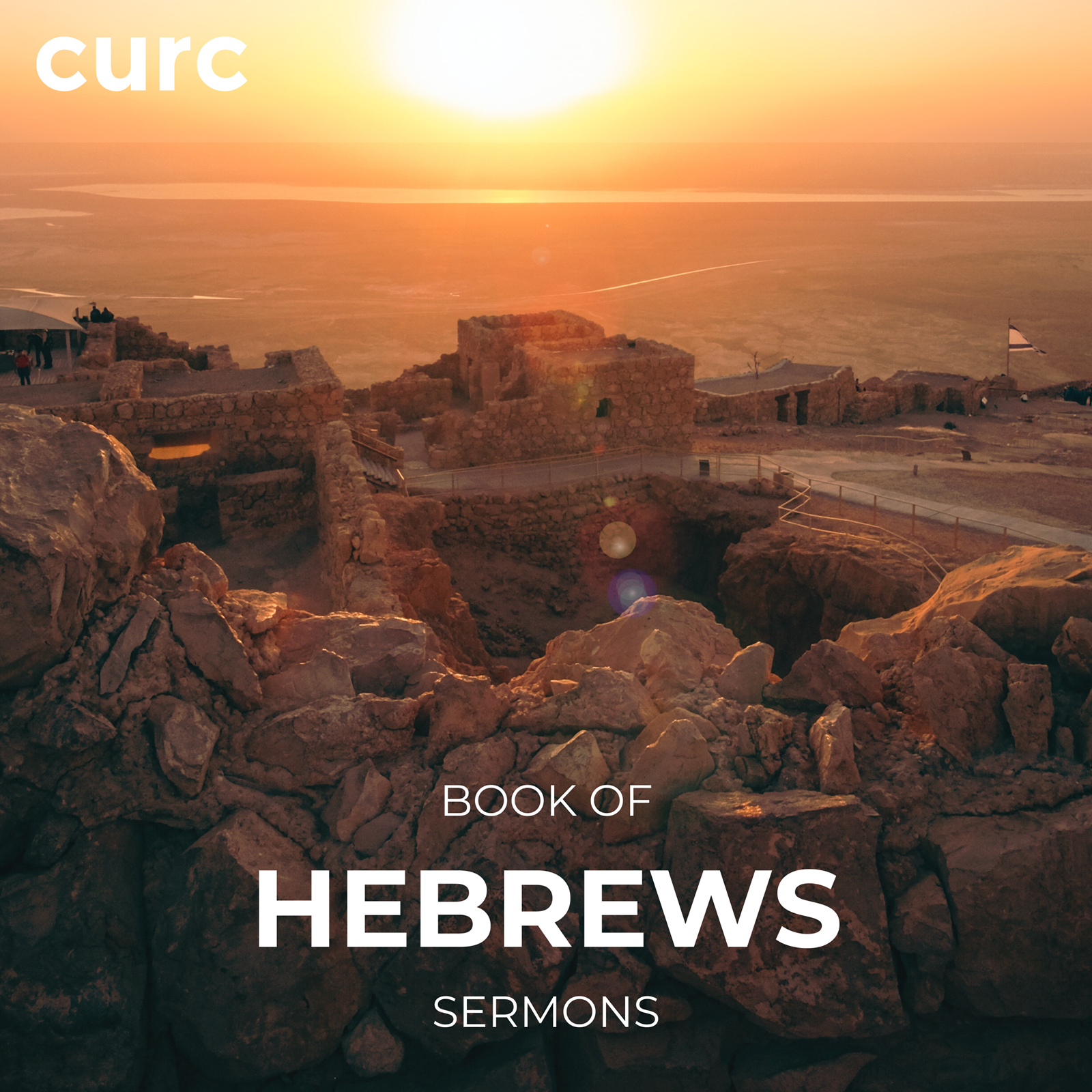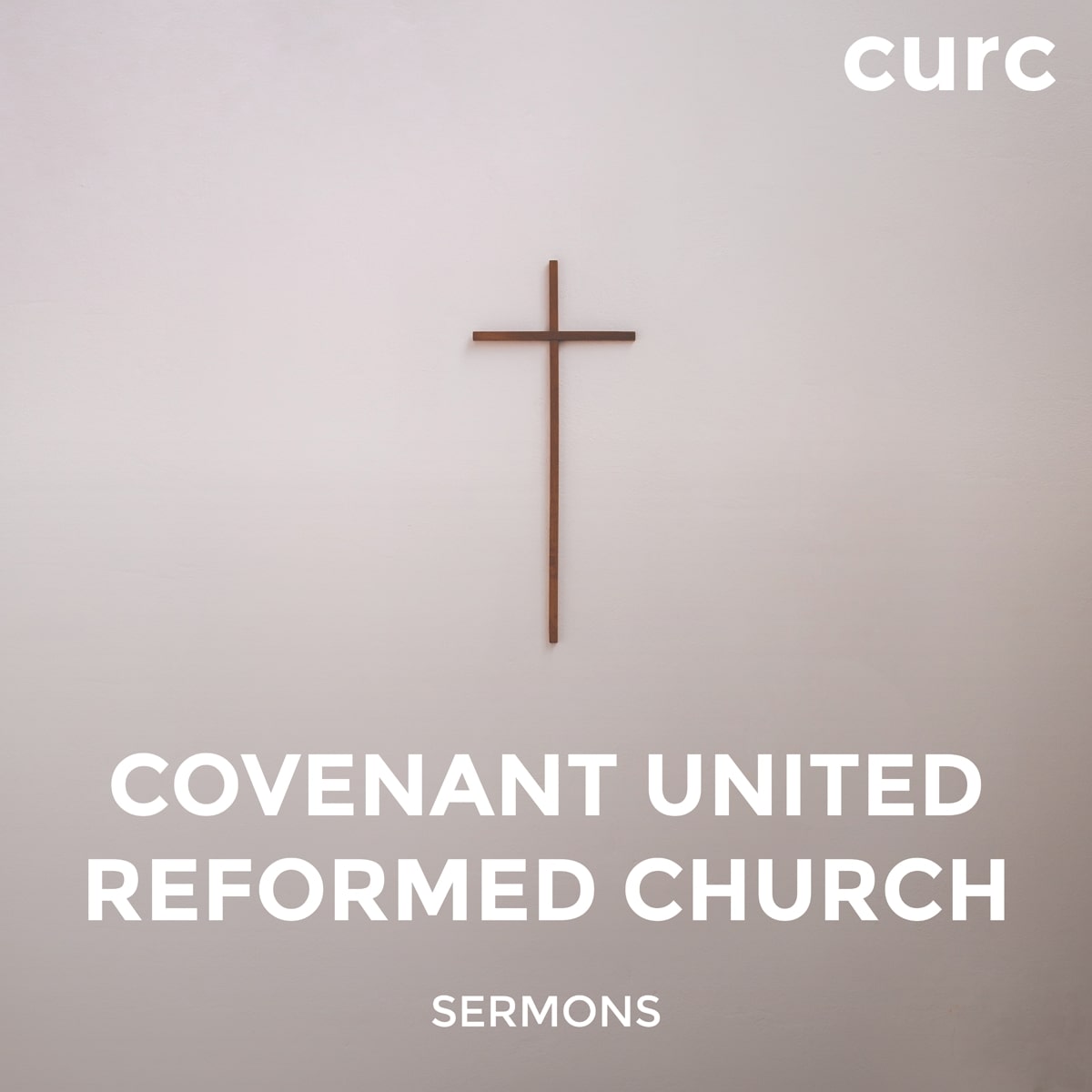Podcast: Play in new window | Download
Subscribe: RSS
Disturbing Errors on Election & Reprobation
Confession: Canons of Dort I, Rejection of the Errors I-III
Scripture: Romans 4:1-5, 8:28-34, 10:3-7
Preacher: Rev. David Inks
Sermon Outline:
- Introduction
- Election Based on Man’s Foreseen Work
- Election of Different Kinds
- Election Due to a Condition of Faith
- Conclusion
Sermon Video:
Canons of Dort:
The First Main Point of Doctrine
Divine Election and Reprobation
Rejection of the Errors
Rejection of the Errors I
Who teach that the will of God to save those who would believe and persevere in faith and in the obedience of faith is the whole and entire decision of election to salvation, and that nothing else concerning this decision has been revealed in God’s Word.
For they deceive the simple and plainly contradict Holy Scripture in its testimony that God does not only wish to save those who would believe, but that he has also from eternity chosen certain particular people to whom, rather than to others, he would within time grant faith in Christ and perseverance. As Scripture says, “I have revealed your name to those whom you gave me” (John 17:6). Likewise, “All who were appointed for eternal life believed” (Acts 13:48), and “He chose us before the foundation of the world so that we should be holy…” (Eph. 1:4).
Rejection of the Errors II
Who teach that God’s election to eternal life is of many kinds: one general and indefinite, the other particular and definite; and the latter in turn either incomplete, revocable, nonperemptory (or conditional), or else complete, irrevocable, and peremptory (or absolute). Likewise, who teach that there is one election to faith and another to salvation, so that there can be an election to justifying faith apart from a peremptory election to salvation.
For this is an invention of the human brain, devised apart from the Scriptures, which distorts the teaching concerning election and breaks up this golden chain of salvation: “Those whom he predestined, he also called; and those whom he called, he also justified; and those whom he justified, he also glorified” (Rom. 8:30).
Rejection of the Errors III
Who teach that God’s good pleasure and purpose, which Scripture mentions in its teaching of election, does not involve God’s choosing certain particular people rather than others, but involves God’s choosing, out of all possible conditions (including the works of the law) or out of the whole order of things, the intrinsically unworthy act of faith, as well as the imperfect obedience of faith, to be a condition of salvation; and it involves his graciously wishing to count this as perfect obedience and to look upon it as worthy of the reward of eternal life.
For by this pernicious error the good pleasure of God and the merit of Christ are robbed of their effectiveness and people are drawn away, by unprofitable inquiries, from the truth of undeserved justification and from the simplicity of the Scriptures. It also gives the lie to these words of the apostle: “God called us with a holy calling, not in virtue of works, but in virtue of his own purpose and the grace which was given to us in Christ Jesus before the beginning of time” (2 Tim. 1:9).
Scripture Reading:
Romans 4:1-5 (King James Version)
1 What shall we say then that Abraham our father, as pertaining to the flesh, hath found? 2 For if Abraham were justified by works, he hath whereof to glory; but not before God. 3 For what saith the scripture? Abraham believed God, and it was counted unto him for righteousness. 4 Now to him that worketh is the reward not reckoned of grace, but of debt. 5 But to him that worketh not, but believeth on him that justifieth the ungodly, his faith is counted for righteousness.
Romans 8:28-34 (King James Version)
28 And we know that all things work together for good to them that love God, to them who are the called according to his purpose. 29 For whom he did foreknow, he also did predestinate to be conformed to the image of his Son, that he might be the firstborn among many brethren. 30 Moreover whom he did predestinate, them he also called: and whom he called, them he also justified: and whom he justified, them he also glorified. 31 What shall we then say to these things? If God be for us, who can be against us? 32 He that spared not his own Son, but delivered him up for us all, how shall he not with him also freely give us all things? 33 Who shall lay any thing to the charge of God’s elect? It is God that justifieth. 34 Who is he that condemneth? It is Christ that died, yea rather, that is risen again, who is even at the right hand of God, who also maketh intercession for us.
Romans 10:3-7 (King James Version)
3 For they being ignorant of God’s righteousness, and going about to establish their own righteousness, have not submitted themselves unto the righteousness of God. 4 For Christ is the end of the law for righteousness to every one that believeth. 5 For Moses describeth the righteousness which is of the law, That the man which doeth those things shall live by them. 6 But the righteousness which is of faith speaketh on this wise, Say not in thine heart, Who shall ascend into heaven? (that is, to bring Christ down from above:) 7 Or, Who shall descend into the deep? (that is, to bring up Christ again from the dead.)
Web Site – www.fresnourc.com
Facebook – www.facebook.com/fresnourc
YouTube – www.youtube.com/user/fresnocurc
iTunes – itunes.apple.com/us/podcast/covenant-urcs/id373736493?mt=2


